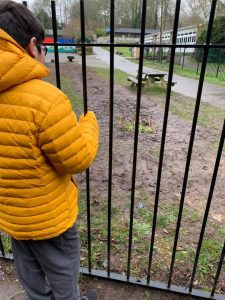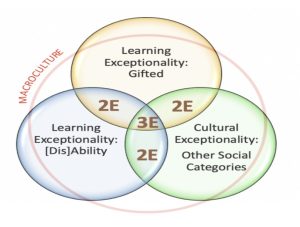
Fortunate Ones: A Mother’s Perspective of Raising a Twice-exceptional Child
A mother recounts her twice-exceptional son’s distress after classmates tried to uproot a plant he named Henry. He defended it in the rain and refused to return to class; the mother comforts him, keeps her promise to protect Henry and reflects on empathy, courage, and parenting a sensitive, principled child.




